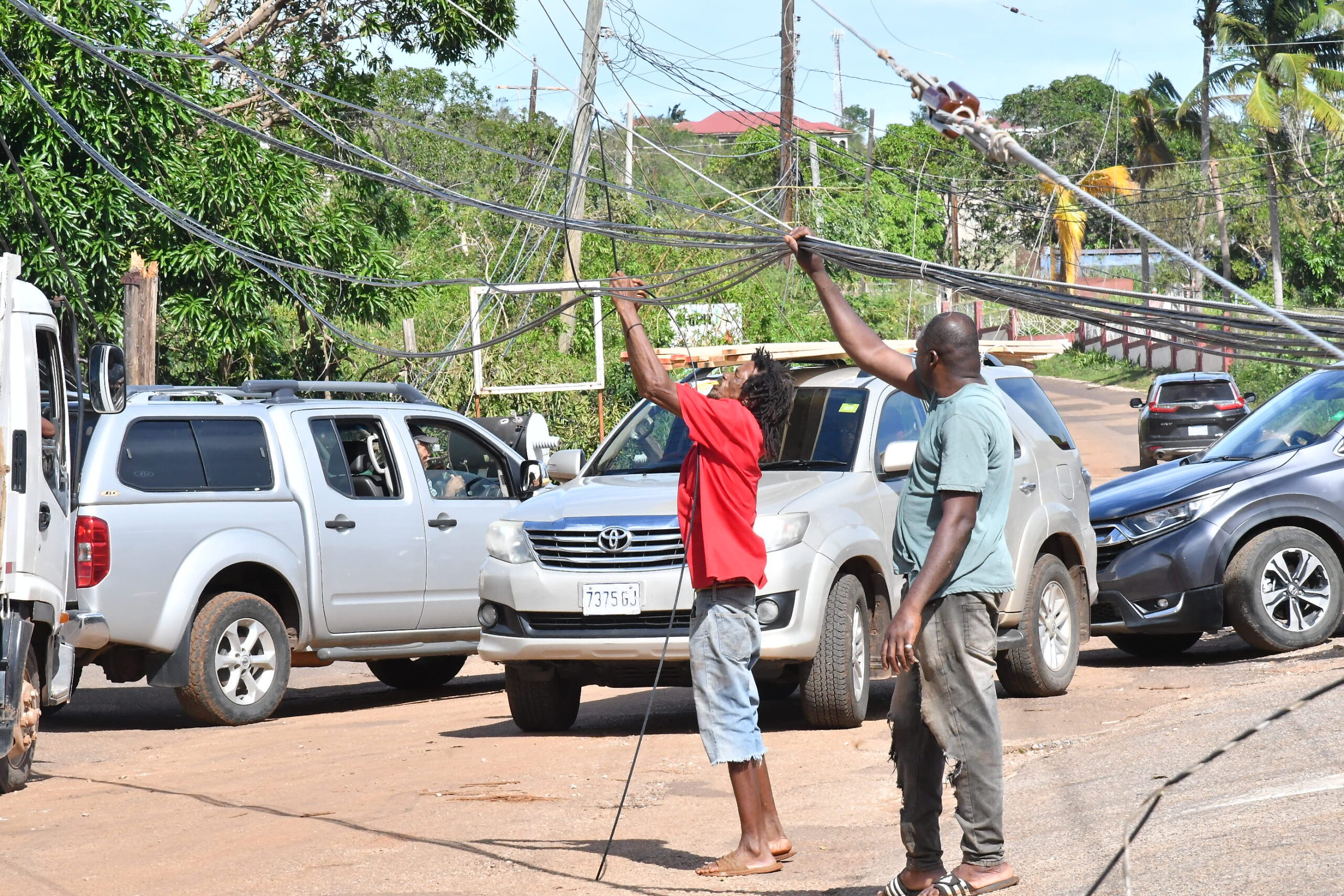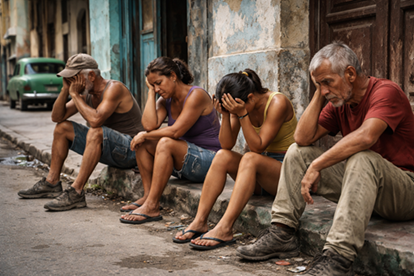
The 21st century will be the century of global warming, its impact and how we respond. SIDS, Small Island Developing States, will be on the front line of this global climatic transformation and will be the first to suffer its consequences. For the past 20 years, the alarm has been ringing when it comes to the impact of climate change, but like a true monster, the actual effect is a lot worse than we could imagine.
Jamaica is no stranger to the impact of climate change. Records from the Met Office state emphatically that, for example, there has been a constant drop in the amount of rainfall over the past 20 years. Jamaica is no stranger to droughts, but what the Met Office has noted is that there is less rain in our rainy periods and longer much longer and hotter dry spells during the historic dry months.
This is a recipe for disaster. These are the things apocalyptic science fiction novels and movies are made of. The record for the hottest days has been broken repeatedly and will continue to be broken as the effects of climate change become more pronounced.
There are obvious impacts such as the increase in dependency on fossil fuels as more people use air conditioners but there are unseen impacts. An example is the fact that we are already issuing advisories telling people in general and workers in specific fields to avoid the sun during certain hours. In years to come, I am willing to bet books will be written on how this heat impacts productivity levels.
The lack of rain along with the heat will be defining things as we move forward. They will become mainstays which we try to work around as much as possible and suffer where we can’t especially as certain jobs become near impossible to carry out.
But no matter how the heat is a slow boil, we become acclimatised as each day gets hotter. No, what really has people worried is the effect climate change will have on storms and hurricanes. This has long been spoken of by scientists and governmental agencies tasked to look at these things, but it was the repeated battering Puerto Rico took in 2016 that really woke the big countries up to the effects that climate change has on these events and how expensive the cleanup is.
We have had our own awakening in recent weeks. Hurricane Beryl was the earliest time on record that a hurricane of that magnitude was formed. Truth be told it just grazed us, but even that has been enough to show to those in power that the impact of climate change is serious with the capacity to destroy a nation. In parts of St Elizabeth that bore the brunt of the storm, residents describe the aftermath as a mix between a hurricane, earthquake and bomb strike. The bill just for the farmers (predominantly from the West) is in the billions and some farmers are wondering if it makes sense to start over.
The tourist hotspot that is Westmoreland also got a good hit from the storm with the hotel industry being affected. As the cleanup continues, they must be hoping that this does not deter tourists from what they have to offer, but also that insurance companies don’t now hike up their premiums. Persons have been left without roofs in parts of Clarendon and Manchester, access to water remains elusive to thousands and electricity has become scarce in the parishes hit the hardest.
Let us remember that this was early July and not late September, this hurricane is a game-changer in so many ways. This means hurricane preparedness, something we are not good at, needs to begin earlier. Gully clearing, de-bushing, drain cleaning, all of these need to be done at the latest May of any year.
The hurricane has also highlighted long-standing issues with the sole electricity provider JPS. They clearly could not have imagined that the storm would be that bad and their actions show that they still don’t think it was that bad. Lines have been downed due to trees that JPS should have cut, and poles have blown away from spots where people told them they needed to be replaced. Having experienced this hurricane we can rest assured that they will be devising ways to move the losses of this and any future hurricane to the consumers.
Things get worse, the extended dry periods have left the soil parched, and the removal of trees has destroyed the ability for the soil to store water and have proper runoff. As storms worsen, we will see an increase in landslides in areas which have been free from such incidents.
Beryl was just the warmup act and as the years go by we will remember it with fondness. Things will get worse before they get better if they ever do. Climate change is here, it will impact everything from insurance to tourism and all we who did not create this issue can do is try and mitigate against the really bad hits. If there is any saving grace in this sea of despair it is that as bad as Beryl was it is a chance to prepare. It is now up to us to prepare.



